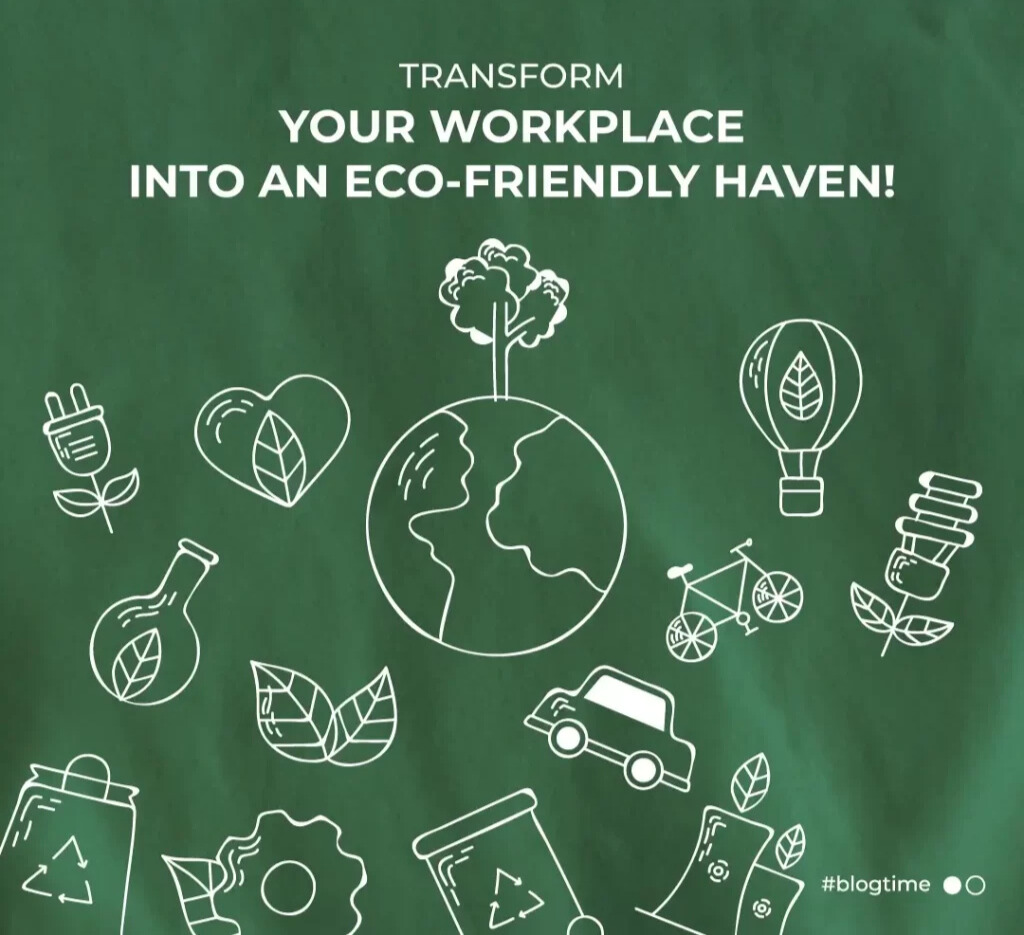Workplace safety is a top priority for businesses, and anti-slip solutions play a crucial role in preventing injuries. However, as companies strive to create safer environments, sustainability is also becoming a major focus. Many businesses are now seeking eco-friendly anti-slip solutions that reduce environmental impact while still providing the highest level of safety.
This blog explores a range of sustainable materials, innovative low-impact installation techniques, and eco-conscious maintenance practices that enhance workplace safety while minimizing environmental harm. By integrating recycled materials, renewable resources, and non-toxic coatings, businesses can create slip-resistant surfaces that prioritize both employee well-being and ecological sustainability. Additionally, adopting greener installation methods and responsible maintenance strategies helps reduce waste, lower carbon footprints, and extend the lifespan of safety solutions. Through these approaches, companies can achieve a balance between workplace safety and environmental responsibility, aligning with modern sustainability goals and regulatory standards.
Traditional anti-slip solutions, such as rubber mats and chemical coatings, often involve synthetic materials that can contribute to pollution and waste. With increasing environmental regulations and corporate sustainability goals, many companies are looking for greener alternatives.

Instead of virgin rubber or synthetic plastics, companies are now using recycled tires and other post-consumer materials to create durable anti-slip mats and flooring. These products retain the same slip-resistant properties but significantly reduce waste.
Example: Companies like Eco-Rubber Solutions specialize in recycled rubber flooring for industrial and commercial spaces.
Bamboo and cork are renewable materials that provide excellent traction and slip resistance. These materials are widely used in offices, retail spaces, and hospitality settings due to their natural aesthetic and sustainability benefits.
Example: Bamboo flooring has a higher coefficient of friction compared to traditional hardwoods, making it a safer and greener choice.
Traditional anti-slip coatings often contain volatile organic compounds (VOCs), which contribute to indoor air pollution. Newer water-based anti-slip coatings are low-VOC, non-toxic, and biodegradable, making them safer for workers and the environment.
Example: Companies like EcoGrip and SlipDoctors offer low-VOC, eco-friendly anti-slip coatings for industrial and residential applications.
At Titan Safety, we are committed to providing eco-conscious anti-slip solutions without compromising on durability and effectiveness. Our range of anti-slip grating, stair treads, and floor coatings incorporates recycled materials and low-impact application methods, helping businesses maintain a safe and sustainable workplace.
Explore our full range of anti-slip products here.
With advancements in sustainable materials and green technology, businesses now have access to innovative anti-slip solutions that not only enhance workplace safety but also support environmental conservation efforts. By choosing eco-friendly alternatives—such as recycled rubber flooring, bamboo-based surfaces, and low-VOC coatings companies can significantly reduce their carbon footprint while ensuring the well-being of their employees. Additionally, implementing sustainable installation and maintenance practices helps minimize waste, lower energy consumption, and extend the lifespan of safety products. By making these conscious choices, businesses not only comply with evolving environmental regulations but also demonstrate their commitment to corporate sustainability, fostering a safer, healthier, and more eco-conscious work environment for the future.
Would you like personalized recommendations for your workplace? Contact Titan Safety today!
For more information on eco friendly and sustainable work environments, visit LEEDS
Titan Safety is the leading provider of anti-slip solutions in the USA and Canada.
1005 N. Commons Drive,
Aurora, Illinois,
60504, USA.
Titan Safety is a global provider of specialist industrial supplies for over 40 years supplying countries such as North America, Canada and Europe.
1005 N. Commons Drive,
Aurora, Illinois,
60504, USA.